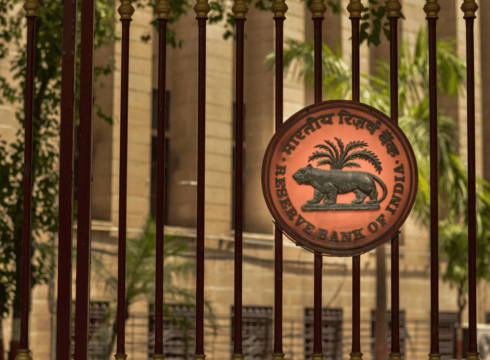RBI governor Shaktikanta Das cited concerns related to ‘consumer harm’ posed by loan aggregators as the rationale behind the move
Bringing loan aggregators under the RBI’s ambit is expected to bring enhanced customer centricity and transparency in the digital lending space
The regulatory framework will have a direct bearing on Indian startups such as Paisabazaar, BankBazaar, CreditMantri, among others
Inc42 Daily Brief
Stay Ahead With Daily News & Analysis on India’s Tech & Startup Economy
Reserve Bank of India (RBI) governor Shaktikanta Das said the central bank will formulate a framework to regulate loan aggregators in the country.
Following the meeting of the monetary policy committee on Friday (December 8), Das cited concerns related to ‘consumer harm’ posed by loan aggregators as the rationale behind the move. He further said that the regulatory framework will bring enhanced customer centricity and transparency in the digital lending space.
“Several concerns relating to such web-aggregation of loan products harming consumers’ interest have come to our notice. It has, therefore, been decided to lay down a regulatory framework for web-aggregation of loan products. This is expected to result in enhanced customer centricity and transparency in digital lending,” said Das.
The move will bring web-aggregators of loan products directly under the ambit of the RBI and is expected to specify additional regulatory compliance requirements for players operating in the space.
The regulatory framework will have a direct bearing on Indian startups such as Paisabazaar, BankBazaar, and CreditMantri.
So far, these companies were not mandated to comply with the specific requirements for the sector but this is expected to change now. Elaborating on the central bank’s guiding principles, Das said that the RBI does not ‘wait for the house to catch fire and then act.’
“Prudence at all times should be the guiding philosophy, both for the regulators and the regulated entities,” added Das.
The central bank also plans to come out with a unified regulatory framework on connected lending for all entities regulated by the RBI. As per Das, the move will further strengthen the pricing and management of credit by regulated entities.
During the same address, the RBI governor also announced the enhancement of the UPI transaction limit for payment to hospitals and educational institutions to INR 5 Lakh from the current INR 1 Lakh.
A major takeaway of the speech was also the establishment of a cloud facility for the country’s burgeoning financial sector.
As per Das, the RBI is working on setting up such a facility to enhance data security, integrity and privacy. The move is also expected to facilitate better scalability and business continuity for the industry. The cloud facility will be rolled out in a ‘calibrated fashion over the medium term’.
The RBI governor also announced the setting up of a fintech repository by April 2024.
The move to regulate loan aggregators follows RBI’s introduction of a regulatory framework for digital lending last year. The policy brought much needed clarity on key issues such as direct loan disbursal to borrower accounts, consent of borrowers before increasing credit limit, among others.
The bid to tighten noose around loan aggregators comes amid a spurt in death by suicide of individuals harrased by digital loan sharks. In October, an entire family including two children allegedly died by suicide in Kerala after a digital loan app company reportedly sent morphed images of the victims to their contacts to pressure loan repayment.
The government recently also informed the Parliament that the number of complaints against illegal digital lending apps more than doubled to 1,062 between April 2022 and March 2023.
Note: We at Inc42 take our ethics very seriously. More information about it can be found here.


